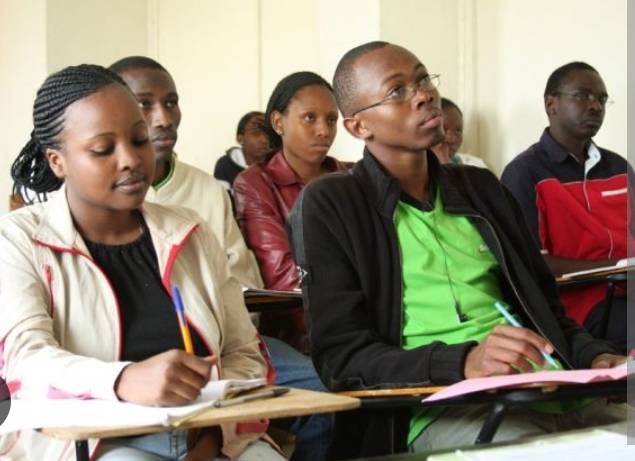In a recent revelation, the Kenyan vice-chancellor shed light on a critical issue plaguing the nation's higher education system – the acute shortage of university professors. With a meager count of fewer than 1,000 professors spread across the expanse of 68 universities, the disparity becomes more pronounced when juxtaposed against the backdrop of a staggering 562,925 students seeking education. The alarming result is an average of approximately 563 students per professor, painting a stark picture of the stretched thin academic resources.
In stark contrast, South Africa boasts a more favorable ratio, with approximately 4,034 professors catering to a student population of 1,112,439. The arithmetic here reveals a significantly lower average of around 275 students per professor. This stark difference highlights not only the quantitative deficit in Kenyan academia but also underscores the relative strain on the available academic expertise compared to its regional counterpart.
The root cause of this imbalance can be traced back to the substantial expansion of Kenya's university system in recent decades. While the number of universities has more than doubled since 2010, and student enrollment has more than tripled, the professorial class has experienced either stagnation or, in some cases, decline. A notable example is the situation in 2010 when Kenya had 32 universities with an enrollment of around 177,175 students. Fast forward to the present day, and the numbers have more than doubled, with the student body surpassing half a million. However, the corresponding growth in the professorial ranks has not kept pace. In 2010, there were only 238 professors, resulting in an average of 774 students per professor. The subsequent years have witnessed a 31% surge in university enrollment, but the average number of students per professor has decreased by a comparable 27%. This pattern underscores a persistent challenge – an inadequate ratio of professors to student enrollments.
Delving into public universities alone, government data reveals a disconcerting trend. Over the past decade, the student population in public universities has surged by a staggering 70%, a testament to the growing demand for higher education. In contrast, the number of professors has grown by a mere 11%. This glaring discrepancy in growth rates points to an inherent dearth of professors, especially in public institutions that play a pivotal role in shaping the academic landscape of the nation.
The shortage of professors has far-reaching implications that extend beyond mere numerical inadequacy. It poses significant challenges to academic leadership, as the limited number of professors must shoulder the responsibility of guiding a burgeoning student population. Knowledge generation, a cornerstone of any academic institution, is hindered when there are not enough seasoned researchers and scholars to foster a culture of innovation and intellectual exploration. Mentorship, a crucial aspect of the educational journey, is compromised as the demand for guidance and personalized attention exceeds the available capacity. Furthermore, on the global stage, the reputation of Kenyan universities is at stake, as the competitive nature of the international academic environment demands a robust faculty-student ratio to uphold standards of excellence.
In conclusion, the shortage of university professors in Kenya is not merely a numerical concern; it is a multifaceted challenge with implications for academic quality, leadership, and global recognition. Addressing this issue necessitates strategic initiatives to bolster the professorial ranks, ensuring that Kenya's higher education system can effectively meet the growing demands and expectations of both students and the global academic community.




No comments yet
Be the first to share your thoughts!